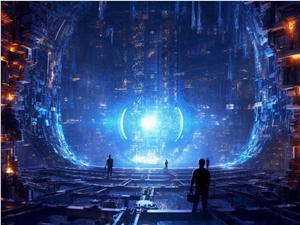Under the backdrop of rapid development in artificial intelligence, co-founder of OpenAI, Andrej Karpathy, recently made some thought-provoking comments. In an interview, he stated that current AI agents are still far from reaching a mature state and it is expected to take ten years to achieve this. He believes that current agents have limited functions, low levels of intelligence, lack multimodal capabilities, cannot truly operate computers, let alone possess the ability to learn continuously.

Karpathy pointed out that current agents cannot remember information provided by users, their cognitive abilities are still insufficient, and therefore they perform poorly in practical applications. He emphasized that although there is high expectation for agents, the reality has not met these expectations. He mentioned that the current development speed of the AI industry far exceeds the capabilities of AI itself, leading to many systems being designed but unable to function effectively.
Karpathy envisions a more collaborative future for AI. He hopes that AI can work together with human programmers to help them complete tasks better, rather than merely acting as a passive tool. He hopes that AI can actively query relevant documents, ensure the correctness of API calls, and seek help when uncertain. Such AI should be a partner that learns and grows through collaboration, rather than a complete replacement for humans.
He warned that if the industry continues to pursue fully automated agents, it may lead to a devaluation of human worth and an overload of low-quality AI-generated content on the internet. Although Karpathy holds a certain degree of pessimism about AI development, he still maintains a relatively optimistic view compared to those who completely deny AI. He hopes people will remain patient and look forward to the progress of AI technology in the next decade.
Key Points:
🌟 Current AI agents have limited functions and are expected to reach maturity in ten years.
🤖 Karpathy hopes AI can collaborate with humans rather than completely replace human work.
📉 He warns that overemphasizing automation may lead to a decline in human value and an overflow of low-quality content.










